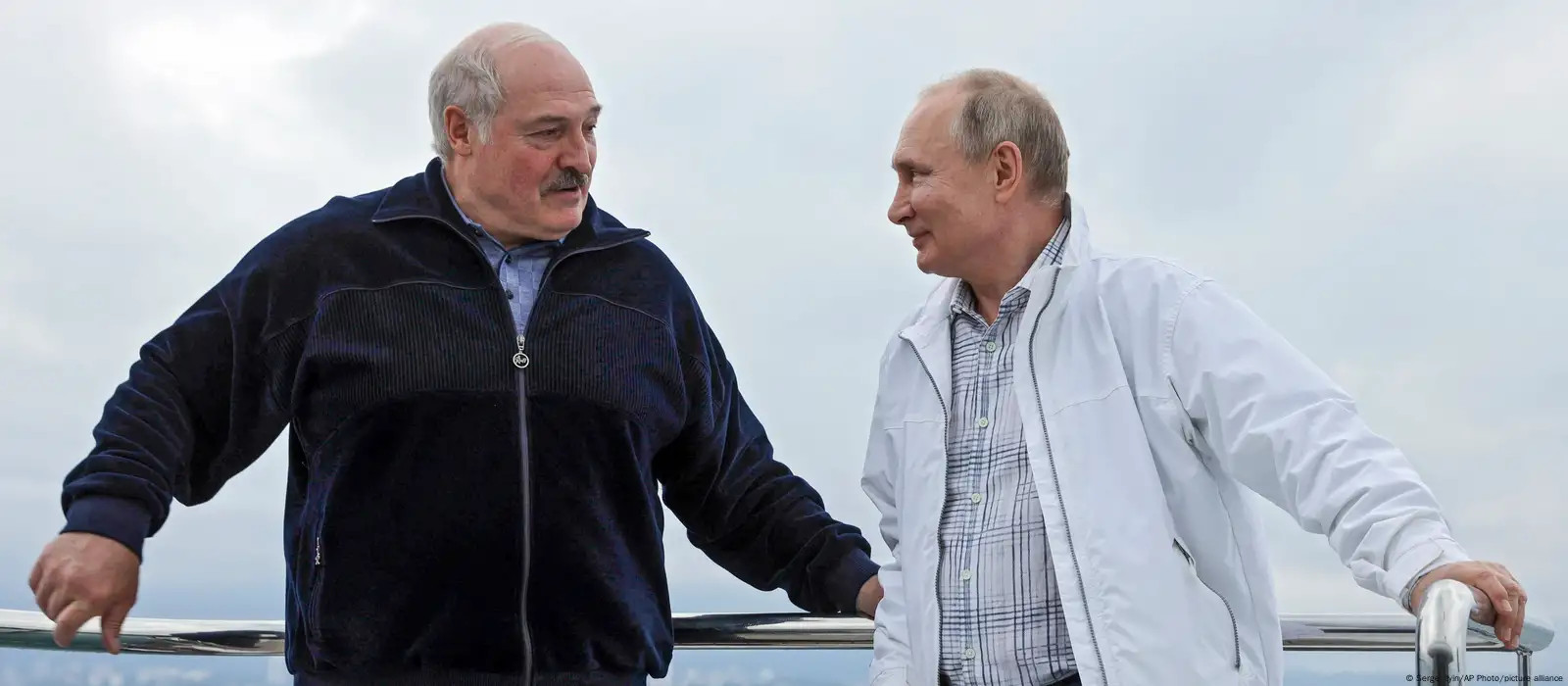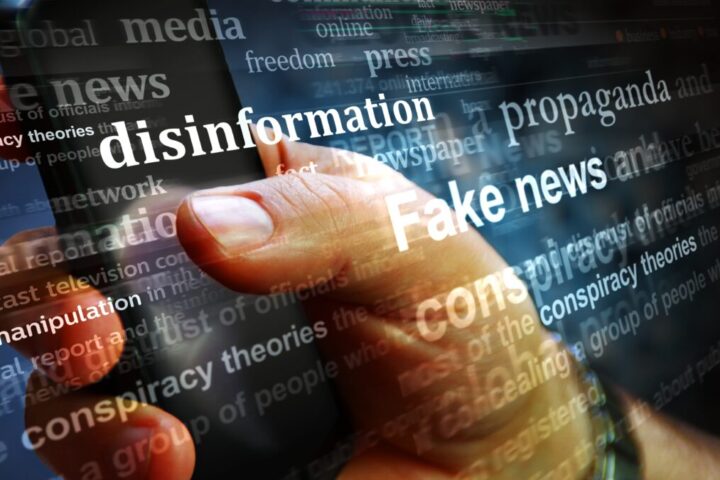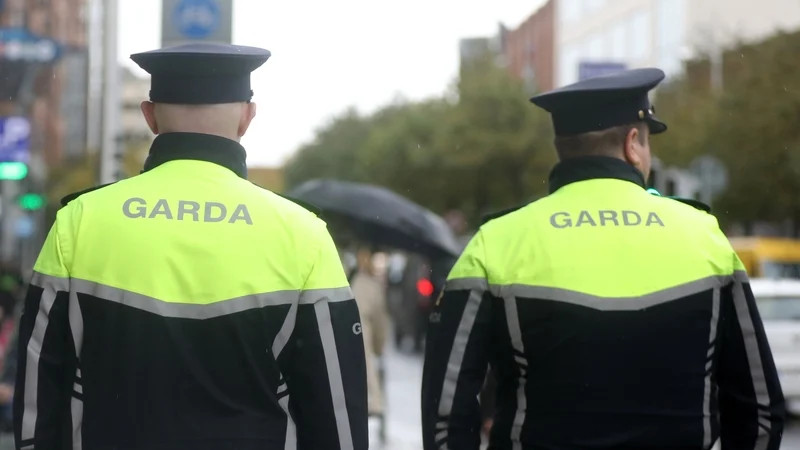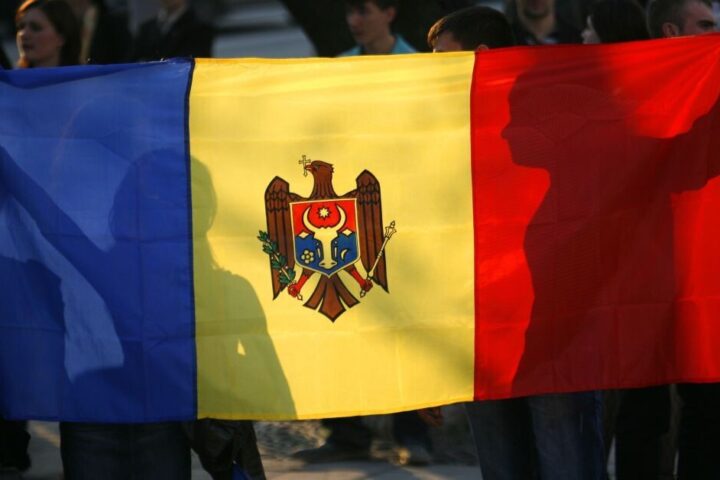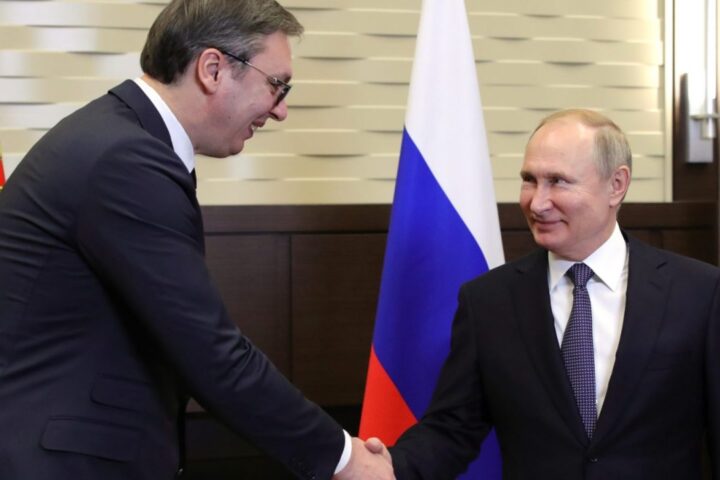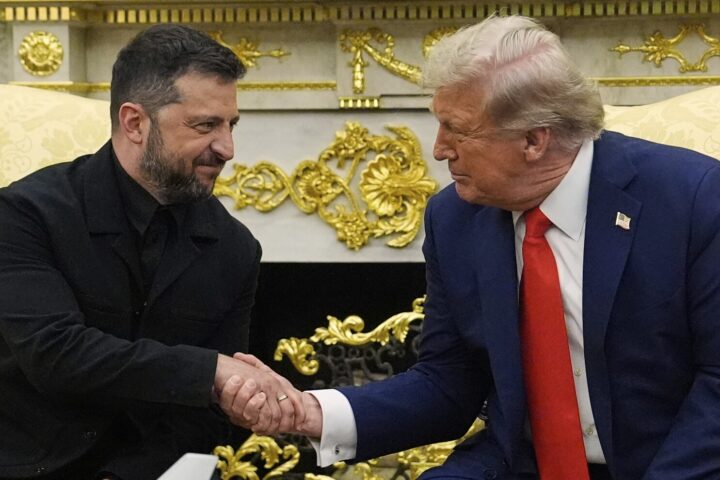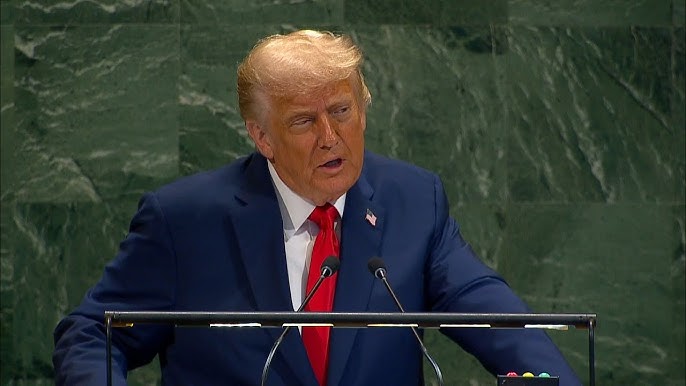A large-scale advertising campaign for RT Doc, the documentary branch of Russia’s state-controlled RT channel, appeared on billboards across Italy in June, sparking international concern. On August 28, 2025, Reporters Without Borders (RSF) published an investigation into the campaign, which displayed 22 large billboards along the Rome–Bologna–Milan highway between June 18 and 24 with the slogan: “They ban the truth! We show it. Find RT documentary screenings in your city.” RT Doc is under EU sanctions following Russia’s full-scale invasion of Ukraine in February 2022.
Campaign linked to pro-Russian networks
Although the sponsor of the Italian billboard campaign has not been officially identified, journalist Massimiliano Coccia noted similarities with another pro-Russian campaign he documented in 2024. Both operations were reportedly carried out by individuals tied to pro-Russian networks who signed contracts with Italian advertising agencies. Those agencies subcontracted further, creating layers of intermediaries that obscured the original client. Italian regulators ordered the removal of the RT Doc billboards within 48 hours once their connection to the sanctioned Russian channel was confirmed.
Identification of organizers and expansion in Italy
RT Doc executive producer Katerina Yakovleva later identified Vincenzo Lorusso, an Italian citizen working with RT and linked to the disinformation website International Reporters, as the organizer of the campaign. Yakovleva claimed that RT Doc had staged more than 110 film screenings across 40 Italian cities. The advocacy group Europa Radicale reported at least 139 RT events in Italy between spring 2024 and June 2025, all in violation of EU sanctions.
Kremlin narratives promoted through documentary format
RT Doc films echo Kremlin narratives, presenting Moscow’s invasion of Ukraine as humanitarian or defensive. Titles such as “Orphans of Donbas Find Foster Parents Amid War and Loss” and “Donbas, This Is Why I Am Here” are crafted to elicit sympathy and humanize Russian actions. By using documentary techniques such as interviews with “ordinary people” and archival footage, RT Doc projects an image of authenticity, while promoting narratives of “liberation of Donbas” and “defense of Russian speakers.” Analysts warn this cultural framing allows propaganda to penetrate more subtly than through overt political messaging.
Broader strategy of cultural legitimization
The use of cultural platforms to legitimize Russia’s war narratives is not new. In 2024, the Venice International Film Festival screened “Russians at War,” a documentary by former RT filmmaker Anastasia Trofimova, which portrayed Russian soldiers in a sympathetic light despite their role in aggression against Ukraine. Experts caution that such cultural interventions risk undermining public support for Ukraine in Western societies by spreading fatigue and normalizing Russian arguments.
Calls for stronger regulatory vigilance
RSF emphasized that European institutions and national regulators must remain vigilant against Russian disinformation efforts. The use of local advertising agencies without direct links to the initiator demonstrates how Moscow circumvents sanctions. Analysts argue this requires more flexible enforcement tools, stricter oversight of intermediaries, and stronger accountability measures to prevent future campaigns from reaching European audiences.

